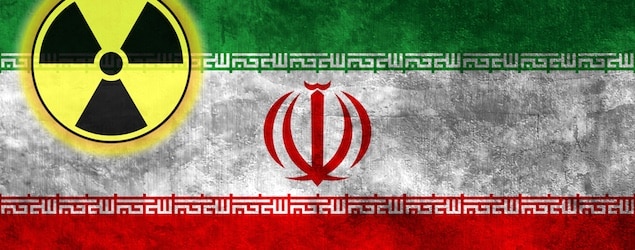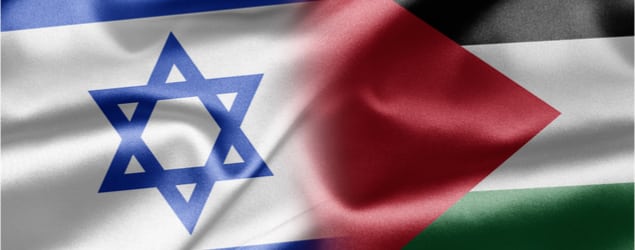How Iran Gamed the Nuclear Talks

Monday, November 24, marks a deadline in the negotiations over Iran’s nuclear program. A glance at where things stand tells you just how well Iran has gamed the process. The pattern: Iran has set the terms and pocketed concessions. Mark Dubowitz and Reuel Marc Gerecht summarize the situation:
Iran thus got its wish to continue programs for uranium enrichment, long-range ballistic missiles and centrifuge development. Iran further refused to accept intrusive U.N. or other inspections, balked at dismantling the heavy-water reactor at Arak, and declined to discuss past weaponization research. It also won agreement that any restrictions on its nuclear program would be of limited duration. Tehran has treated the U.S. concessions to its demands as permanent — effectively making further diplomatic advances contingent on greater Western “flexibility.”
America, Dubowitz and Gerecht observe, “keeps trying to tiptoe around [“Supreme Leader” Ayatollah] Khamenei’s red lines.” The authors lay out a number of policy options. But none is promising (their case that the solution to Iran entails going into Syria is implausible).
At every turn, Iran has lied about its nuclear program and cheated on past agreements. One independent assessment makes the case that Tehran may have five times the number of advanced nuclear centrifuges it had originally admitted. If so, Iran could enrich enough uranium for a weapon — a lot faster. The assessment comes from a report by a former official at the UN’s atomic agency, Olli Heinonen.
Iran is running down the clock and reaping concessions, while pushing its nuclear program forward. This is happening, because we’re letting it. The chief problem lies not in the minutiae of the diplomacy, but the pretense that Iran belongs at the negotiating table. It is the notion that we have common ground with Iran, despite its totalitarian
ideology and
militancy. We don’t.



